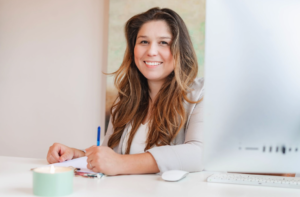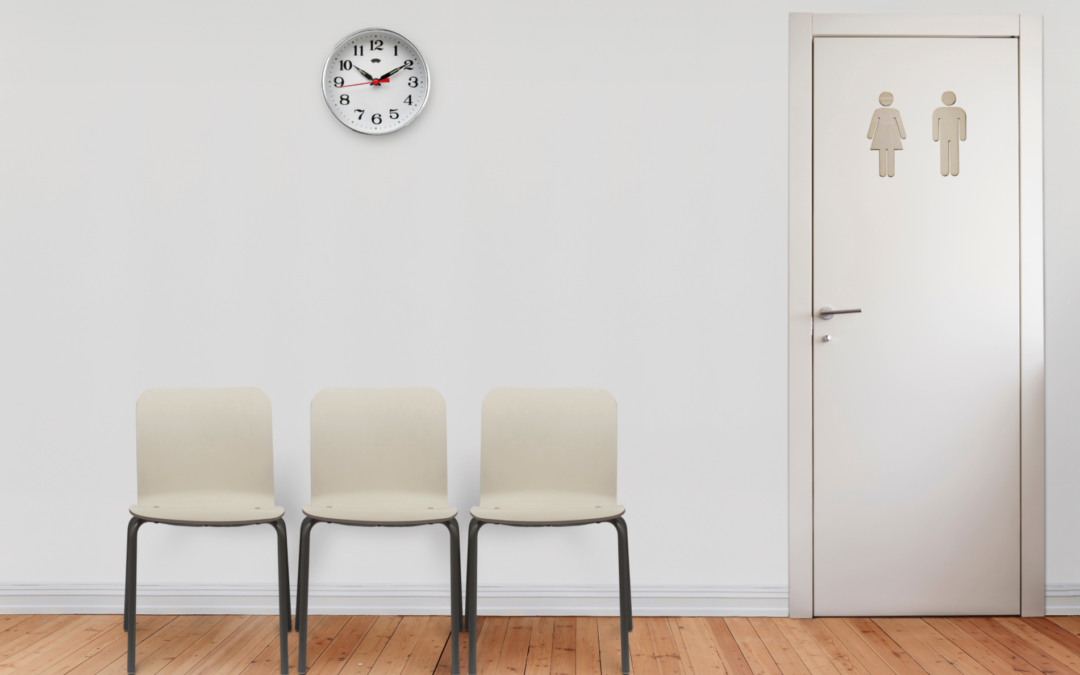So you finally used all of your courage and decided to go to therapy. You start looking around and… Oh no! Turns out the wait-lists to receive services are months and months long. What a bummer!
As a clinical psychologist, I find it heartbreaking to see so many people in need and have no other choice but to put them on wait-lists. This has been particularly difficult in the last two years when we’ve seen such an increased demand from the mental health field during the pandemic. Thankfully, there are a few things you can do to work on your mental health while you wait to receive services. To help you while you wait, here are some recommendations and resources I put together to boost your well-being and jump-start your healing process.
Explore the Possibility of Taking Mental Health Medication
The National Institute for Health and Care Excellence (NICE) highlights the benefits of using or incorporating medication to help manage mental health disorders. There is scientific evidence backing up the usefulness of medication to help a wide range of mental health disorders, including depression, anxiety, and eating disorders. In my personal practice, I’ve seen lots of clients benefit greatly from combining psychotherapy with the use of medication, especially when they are really distressed. It can sometimes make a world of a difference to my clients when they are really struggling and it can help make the most out of psychotherapy. If you’re curious about medication, talk to your family physician to see if medication is indicated for you.
Contact Other Allied Health Professionals
As a psychologist, I recognize that mental health is multifaceted and encompasses different areas of life, not just the mind. This came to be more apparent thanks to the COVID-19 pandemic, where I suddenly found myself trying to help my clients while our whole worlds became smaller and more restrictive. That’s why I find it so helpful to work with other health professionals who are experts in their own fields and who can help in terms of another facet of mental health. I often refer my clients to trusted colleagues, particularly registered dieticians, personal trainers, and doulas who can help on a different aspect of mental health. For instance, if you struggle with your relationship with food and your body, a registered dietician can help you by providing psychoeducation on nutrition and weight science, by examining your history with food, by helping you build attunement to your hunger and fullness signals, examining food rules and beliefs around food and help you improve your nutritional intake. So check out some options and see if another professional can’t help in some way!
Take a Wellness Skills Course
Skills courses are great ways of getting coping skills to help with your overall well-being and jump-start the therapy progress. Unlike group therapy, skills courses are only intended to teach participants evidence-based therapeutic skills and how to put them into practice. They can be therapeutic, but aren’t therapy.
You can get a lot of benefits from learning therapeutic skills in a group setting. For instance, these courses can help get help faster and for a fraction of the costs of an individual therapy. They can also help you connect with other people who are struggling with similar experiences so you feel less alone in your difficulties. Skills courses can also enable you to learn from one another by having access to others’ perspectives on the skills and how they put them into practice. At Uprise Psychology & Wellness, we offer wellness courses on an ongoing basis. If you’re curious about which courses we offer, click here.
Learn More about What is Troubling You.
Knowledge is power. It’s so helpful to know more about what is troubling you. Thankfully, in this area, it’s become easier than ever to have access to information. One great way to receive information is to read (or listen to on Audio Books) a Self-Help book. These resources can be great while you wait for therapy to start for different reasons. They can help you gain information and an understanding of your difficulties. They can also give you a sense of direction and give you the opportunity to put some strategies into practice. Here are some general self-help books I recommend:
The Happiness Trap by Dr. Russ Harris, M.D.
The Proven Way to be Kind to Yourself: Self-Compassion by Dr. Kristen Neff, Ph.D.
Little Ways to Keep Calm and Carry On: Twenty Lessons for Managing Worry, Anxiety, and Fear by Dr. Mark Reinecke, Ph.D.
Another wonderful type of resource to help while you wait for therapy to begin is listening to podcasts. Podcasts offer free, portable and easy to consume information which can be quite helpful in understanding your difficulties. Additionally, podcasts can provide great distraction in difficult moments. Here is a list of podcasts that I often recommend to my clients:
Psychologists Off the Clock
Other People’s Problems
Finally, at Uprise Psychology & Wellness, we often offer free workshops or information sessions to discuss all things related to mental health. If you’re interested in staying up to date, join our mailing list or follow us on social media.
Prioritize Self-Care
Finally, self-care. I know what you’re going to think; “How’s a bath going to do anything to help me?” Well, self-care isn’t always about light and fluffy moments (although, it can be helpful). Self-care is a daily practice which makes sure that your basic physiological (e.g., sleeping, eating) and emotional needs are met (e.g., connection with others, safe boundaries). It’s about creating a routine, relationships and environments that support your needs.
Whether it’s reaching out to loved ones, making sure you are sleeping and eating enough, moving your body (or not), meditating, or letting go of a toxic relationship, self-care is the foundation of mental health and can go a long way. If you’re looking for recommendations for how to improve your self-care, check out Dr. Catherine Cook-Cottone’s Mindful Self-Care Assessment.
I hope these resources are helpful to you. Take good care!
About the Author:

Dr. Melisa Arias-Valenzuela is a clinical psychologist licensed in Ontario and Quebec and is the founder of Uprise Psychology & Wellness. She completed her doctoral studies at the Université du Québec à Montréal and her thesis focused on understanding how multicultural people identify with their cultural groups and negotiate their cultural differences as well as the repercussions of these processes on their psychological well-being. Dr. Arias-Valenzuela is trained in Mindfulness, Compassion-based and Positive Psychology approaches and has a special interest and passion for creating safer and more accessible environments for clients and mental health professionals alike.
